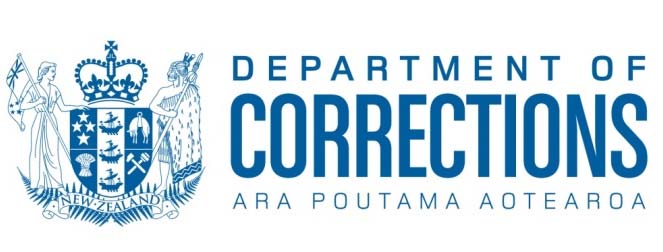

16 April 2021
C130328
Dianne Landy
[FYI request #14441 email]
Tēnā koe Dianne
Thank you for your email of 12 January 2021, requesting information about
transgender people in prison. Your request has been considered under the Official
Information Act 1982 (OIA). I apologise for the delay in responding to you.
New Zealand law, consistent with international instruments such as the United
Nations Standard Minimum Rules for the Treatment of Prisoners, requires male and
female people to be detained in separate prisons or in separate units within a prison.
This is necessary for the safety and welfare of people in prison, and for the security
and good order of prisons. While placement in a men’s or women’s prison is a
straightforward matter for most people, for a small group, it can be more challenging.
At any one time there are around 30 to 40 people in our prisons who identify as
transgender. This accounts for a small percentage of the current total prison
population of around 9,000 people. However, we acknowledge that
transgender individuals are a vulnerable group in prison with complex needs.
In March 2018, Corrections introduced a policy for the management of transgender
individuals, with a focus on being more responsive to them and their circumstances.
If it is established that an individual identifies as transgender during their initial
reception process, or at any other point of their management, an alert is placed
on their electronic file. Each transgender individual has a customised support plan
and is able to choose the gender of staff who conduct searches. The provision of a
support plan does not depend on whether the transgender individual has legal
recognition of their gender identity, or whether they have undergone medical or
surgical steps. These guidelines align our approach with comparable jurisdictions
internationally, as well as other Government agencies such as New Zealand Police
(Police) and New Zealand Customs.
In addition, thousands of Corrections staff have completed a flexible learning
Working with Trans People module that raises awareness around gender identity,
pronouns, support and the new policy including searches and access to items. Over
1,500 staff have attended diversity workshops, which focus on building an
awareness and understanding of LGBTQIA+ terminology, respecting dignity, and
being aware of unconscious bias.
2
Work is also underway to provide more resources for staff to develop their
understanding and more effectively engage with LGBTQIA+ people in custody. This
work will continue and be part of the full re-design of the Corrections Officer
Development Pathway this year.
Corrections' policies regarding the management and placement of transgender
individuals are publicly available, at the following links:
www.corrections.govt.nz/resources/policy_and_legislation/Prison-Operations-
Manual/Induction/I.10-Management-of-transgender-prisoners
www.corrections.govt.nz/resources/policy_and_legislation/Prison-Operations-
Manual/Movement/M.03-Specified-gender-and-age-movements/M.03.05-
Transgender-prisoner
You requested:
1. I am requesting the number of transgender MTF in women's prisons.
As at 31 March 2021, there were three transgender individuals in women’s prisons
who identify as women (male-to-female).
1. I would also like to know the nature of their crimes that they are in there for.
Eg. 32 total, 10 violent offending, 10 drugs, 12 fraud
Please see the table below, which provides the lead offence type for the three
individuals in women’s prisons.
Lead Offence Type
Number of individuals
Violence
2
Burglary
1
2. I would also like to request any details in regards to assaults made on other
prisoners by these trans identified women. If there are any.
Corrections manages some of New Zealand’s most complex people in an
environment that can be very challenging. We have processes in place to safeguard
the welfare of staff and people in prison, and a zero-tolerance policy toward violence
of any kind.
We take strong action to ensure that people in prison are held to account for their
behaviour whenever they use violence. We also support staff and people in prison
who have been the victims of assault and assist them in reporting the incident to the
New Zealand Police. Police determine whether criminal charges will be laid in
relation to an assault. People in prison who use violence can also be subject to
changes in security classification or be charged through the internal misconduct
system.

3
There has been one incident of alleged assault where one of the above individuals
was listed as a perpetrator.
We are unable to provide further information in relation to this matter as doing so
would contravene Corrections’ statutory obligation to protect the privacy of people
involved in these incidents. Therefore, any further details are declined under section
9(2)(a) of the OIA, to protect the privacy of natural persons. As per section 9(1) of
the OIA, we have also considered whether there are countervailing public interest
considerations favouring the release of the requested information. We do not
believe such considerations are present in this case.
I trust the information provided is of assistance. Should you have any concerns with
this response, I would encourage you to raise them with Corrections. Alternatively,
you are advised of your right to also raise any concerns with the Office of the
Ombudsman. Contact details are: Office of the Ombudsman, PO Box 10152,
Wellington 6143.
Ngā mihi nui
Rachel Leota
National Commissioner


